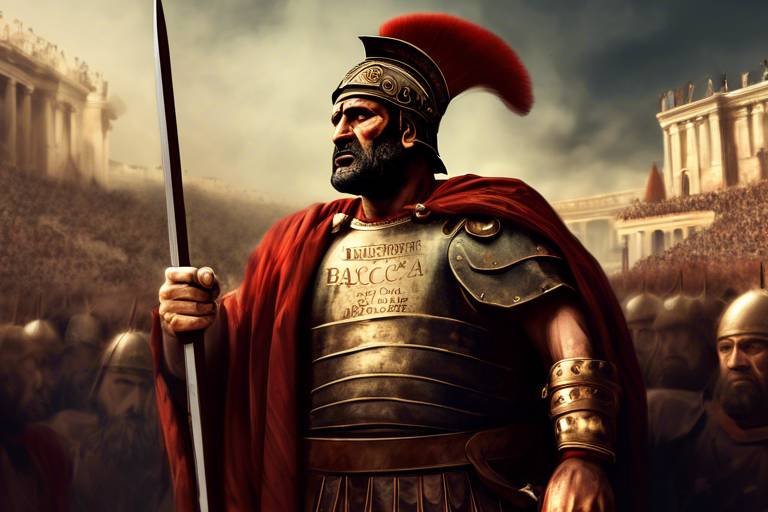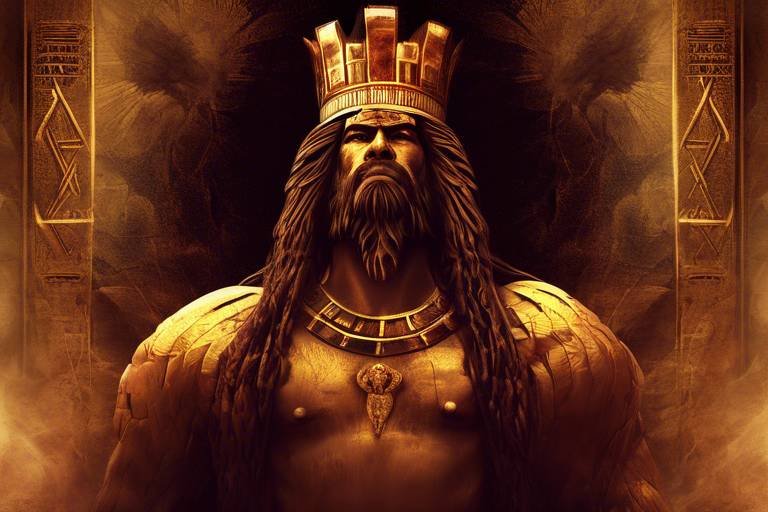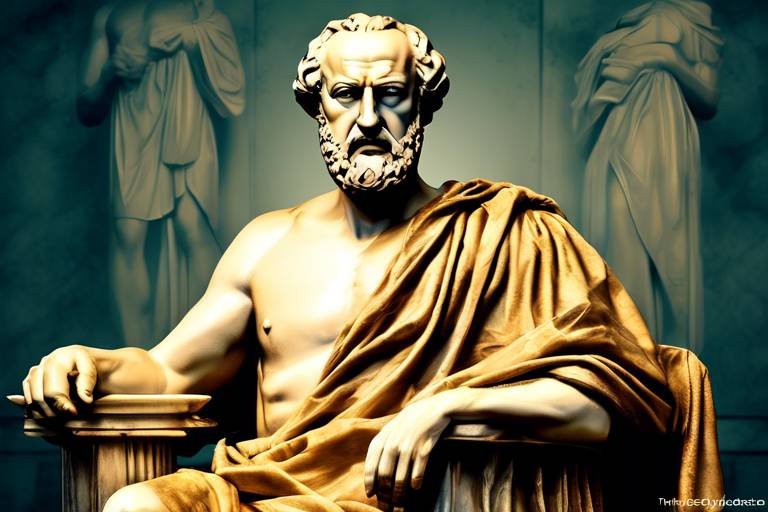Vespasian: The Emperor Who Restored Order
Vespasian, known as the Emperor who restored order, rose to power during a tumultuous period in Roman history. His reign marked a significant turning point, bringing stability and prosperity to an empire reeling from chaos and civil unrest. Vespasian's leadership was characterized by a strong hand and a vision for revitalizing the Roman state, leaving a lasting impact on the course of history.

Early Life and Rise to Power
From humble beginnings to the pinnacle of power, Vespasian's journey to becoming the Emperor of Rome is a tale of ambition and strategic prowess. Born in 9 AD in a small town in Italy, he rose through the ranks of the Roman military, displaying exceptional leadership skills and tactical acumen. His early years were marked by military campaigns in Judea and Britannia, where he earned a reputation for bravery and decisiveness.
As Vespasian navigated the complex political landscape of Rome, he forged alliances with influential figures and gained the support of the military and the people. His military successes, including the suppression of the Jewish Revolt in Judea, further solidified his position as a formidable leader. Through astute political maneuvers, Vespasian positioned himself as a contender for the imperial throne, capitalizing on the chaos and instability that plagued the empire.
Upon the death of Emperor Nero in 68 AD, a year of civil war ensued, culminating in Vespasian's proclamation as Emperor in 69 AD. His rise to power marked the beginning of a new era for Rome, characterized by stability and prosperity. Vespasian's pragmatic approach to governance and his emphasis on restoring order and fiscal responsibility endeared him to the Roman people, setting the stage for his enduring legacy as a reformer and a builder.
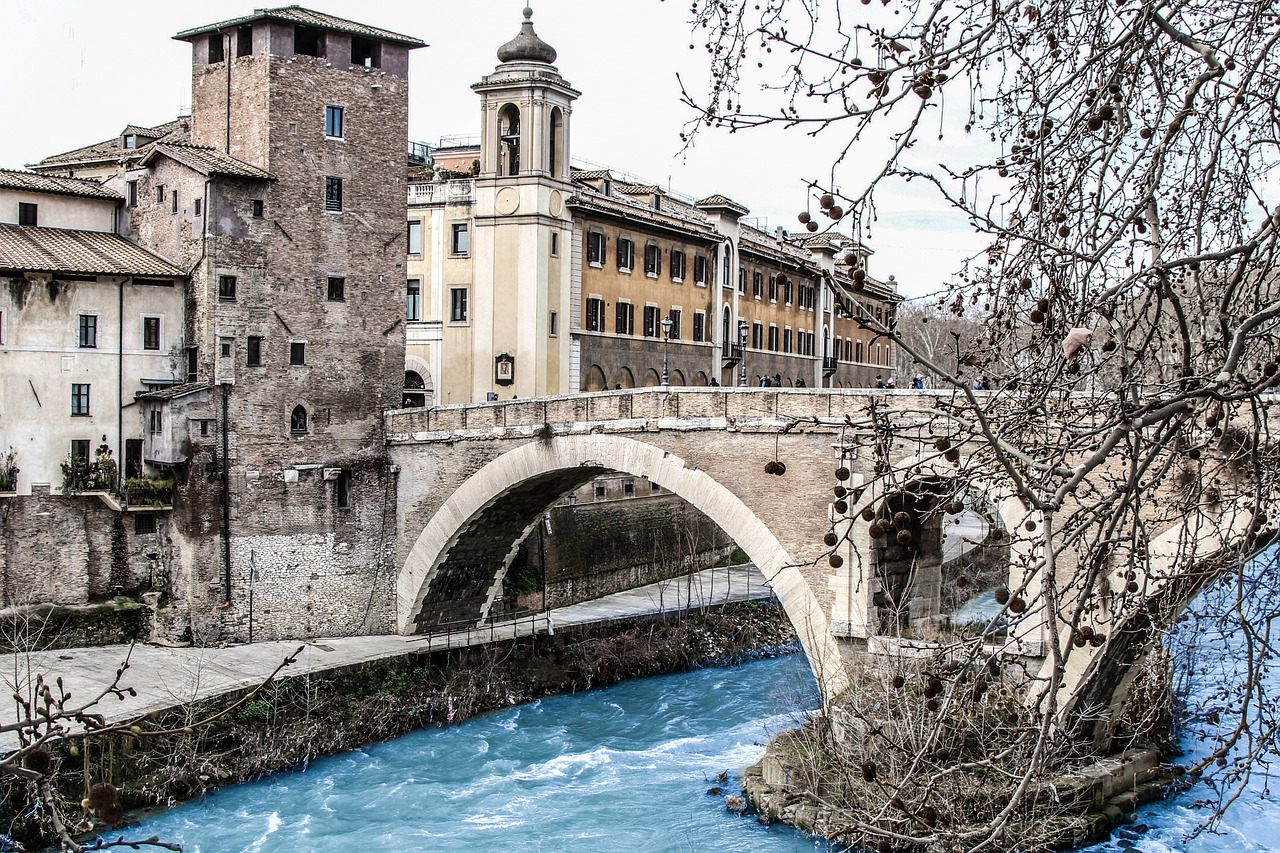
Reforms and Public Works
Vespasian's reign as Roman Emperor was marked by significant reforms and ambitious public works projects that aimed to strengthen the empire both economically and structurally. His vision for a stable and prosperous Rome led to a series of initiatives that left a lasting impact on the empire's infrastructure and administration.
One of the most notable reforms introduced by Vespasian was the restructuring of the Roman tax system. By implementing new tax policies and streamlining the collection process, he was able to increase revenue for the state and improve financial stability. This financial prudence allowed for greater investment in public works and the military, ultimately enhancing the empire's overall strength.
Furthermore, Vespasian's focus on infrastructure development is exemplified by the construction of the iconic Colosseum in Rome. This grand amphitheater not only served as a venue for entertainment and public spectacles but also symbolized the power and grandeur of the Roman Empire. The Colosseum stands as a testament to Vespasian's commitment to enhancing the cultural and architectural landscape of Rome.
In addition to the Colosseum, Vespasian initiated various public works projects aimed at improving the quality of life for Roman citizens. These projects included the construction of aqueducts, roads, and bridges, which not only facilitated trade and communication but also enhanced the overall infrastructure of the empire.
Through his reforms and public works, Vespasian sought to create a more efficient and prosperous Roman Empire, setting the stage for future generations to build upon his legacy. His dedication to enhancing the economy, infrastructure, and administration of Rome solidified his reputation as a wise and capable leader, whose impact reverberated throughout Roman history.
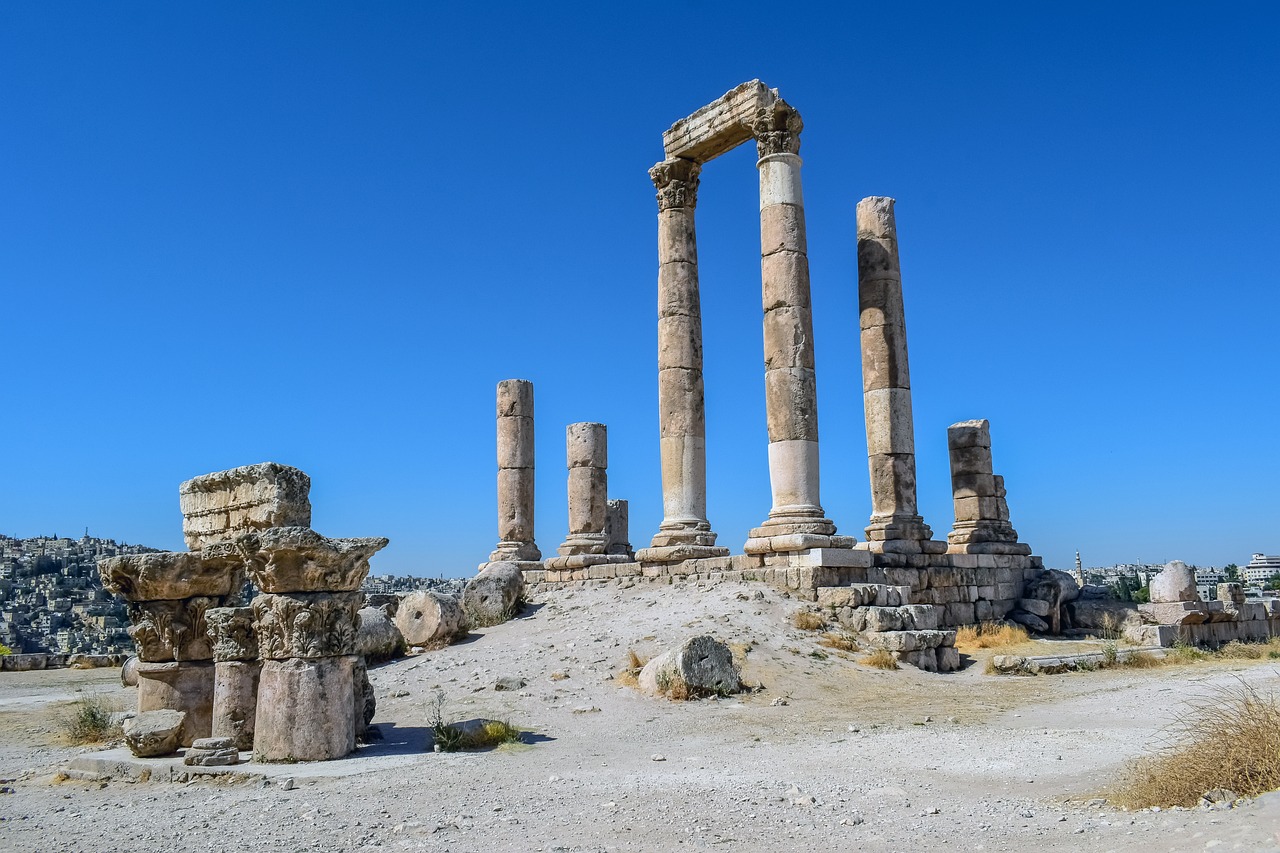
Military Campaigns and Conquests
Vespasian's military campaigns and conquests were pivotal in solidifying his reputation as a skilled and strategic leader. One of his most notable achievements was the conquest of Jerusalem, which marked a significant victory for the Roman Empire. By successfully capturing the city and quelling the Jewish rebellion, Vespasian demonstrated his military prowess and ability to overcome formidable challenges.
In addition to his triumph in Jerusalem, Vespasian also effectively suppressed revolts in various provinces, showcasing his firm hand in maintaining order and stability within the empire. His decisive actions and tactical acumen enabled him to swiftly quell uprisings and assert Roman authority, earning him respect and admiration among his troops and subjects.
Furthermore, Vespasian's military campaigns were not only focused on conquest but also on consolidation and strategic planning. He implemented careful strategies to ensure the long-term security and prosperity of the Roman Empire, laying the groundwork for future expansion and governance.
Through his military campaigns and conquests, Vespasian not only expanded the territorial reach of the empire but also demonstrated his ability to govern effectively in times of conflict and uncertainty. His leadership on the battlefield and his astute decision-making skills were instrumental in securing the stability and strength of the Roman Empire during his reign.
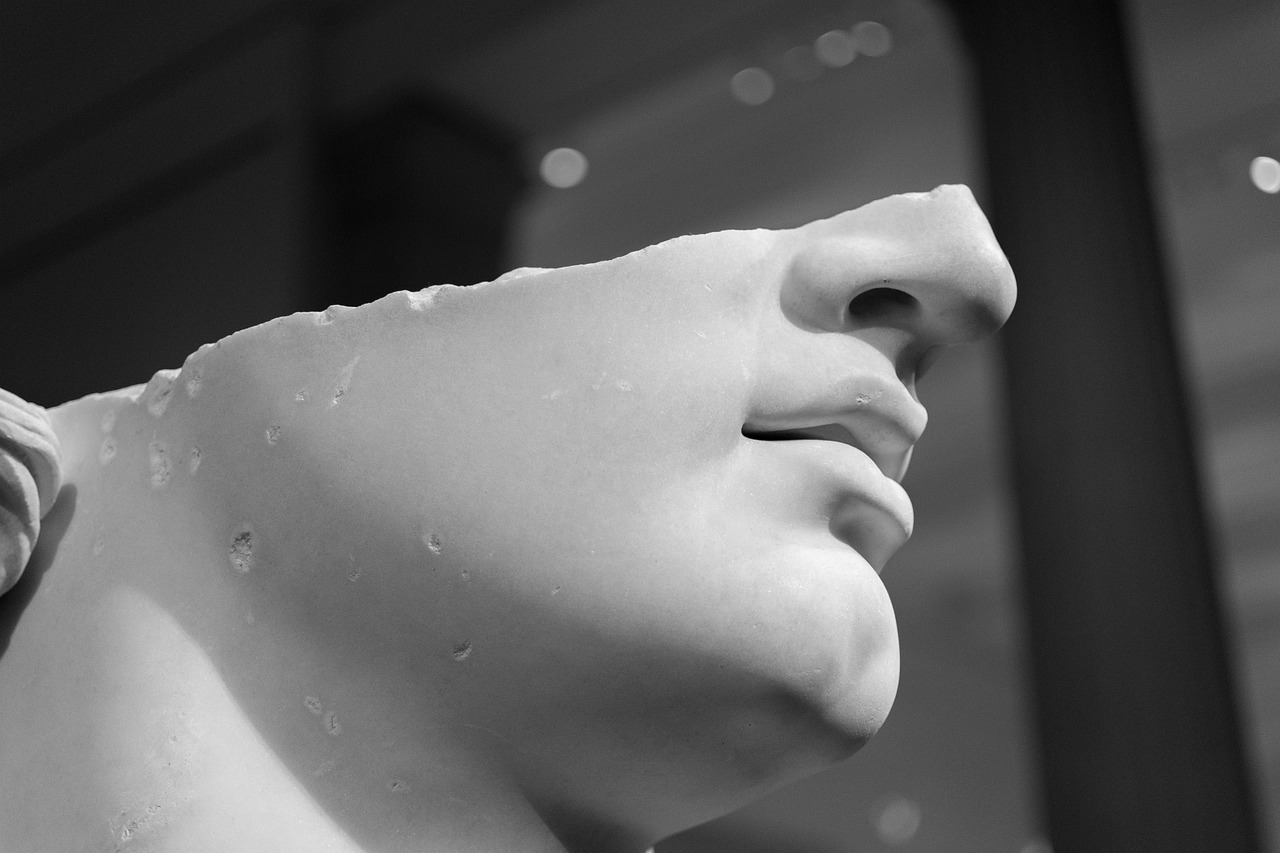
Political Legacy and Succession
During his rule, Vespasian not only brought stability and prosperity to the Roman Empire but also established a smooth transition of power to his sons, Titus and Domitian, ensuring the continuity of his legacy in governing the empire. Vespasian's political legacy is characterized by his pragmatic approach to governance, focusing on restoring order and fiscal responsibility after a period of turmoil and civil war.
One of the key aspects of Vespasian's political legacy was his emphasis on financial reforms, including the implementation of new tax policies aimed at replenishing the treasury and reducing corruption within the administration. By restoring financial stability, Vespasian was able to fund essential public works projects and military campaigns, strengthening the empire's infrastructure and defense capabilities.
Furthermore, Vespasian's diplomatic skills and strategic alliances with influential figures in Roman politics helped him navigate the complexities of power dynamics within the empire. His ability to build consensus and maintain stability in a time of political uncertainty solidified his reputation as a capable leader who prioritized the well-being of the state above personal ambition.
Upon his death, Vespasian's sons, Titus and Domitian, succeeded him as Emperors of Rome, continuing his policies and governance style. While Titus focused on consolidating his father's reforms and fostering peace within the empire, Domitian's reign was marked by a more authoritarian approach, leading to mixed reactions among the Roman populace.
Overall, Vespasian's political legacy and succession plan set a precedent for orderly transitions of power within the Roman Empire, laying the foundation for future rulers to follow. His pragmatic leadership style and commitment to restoring order have left a lasting impact on Roman politics and governance, shaping the course of the empire for generations to come.
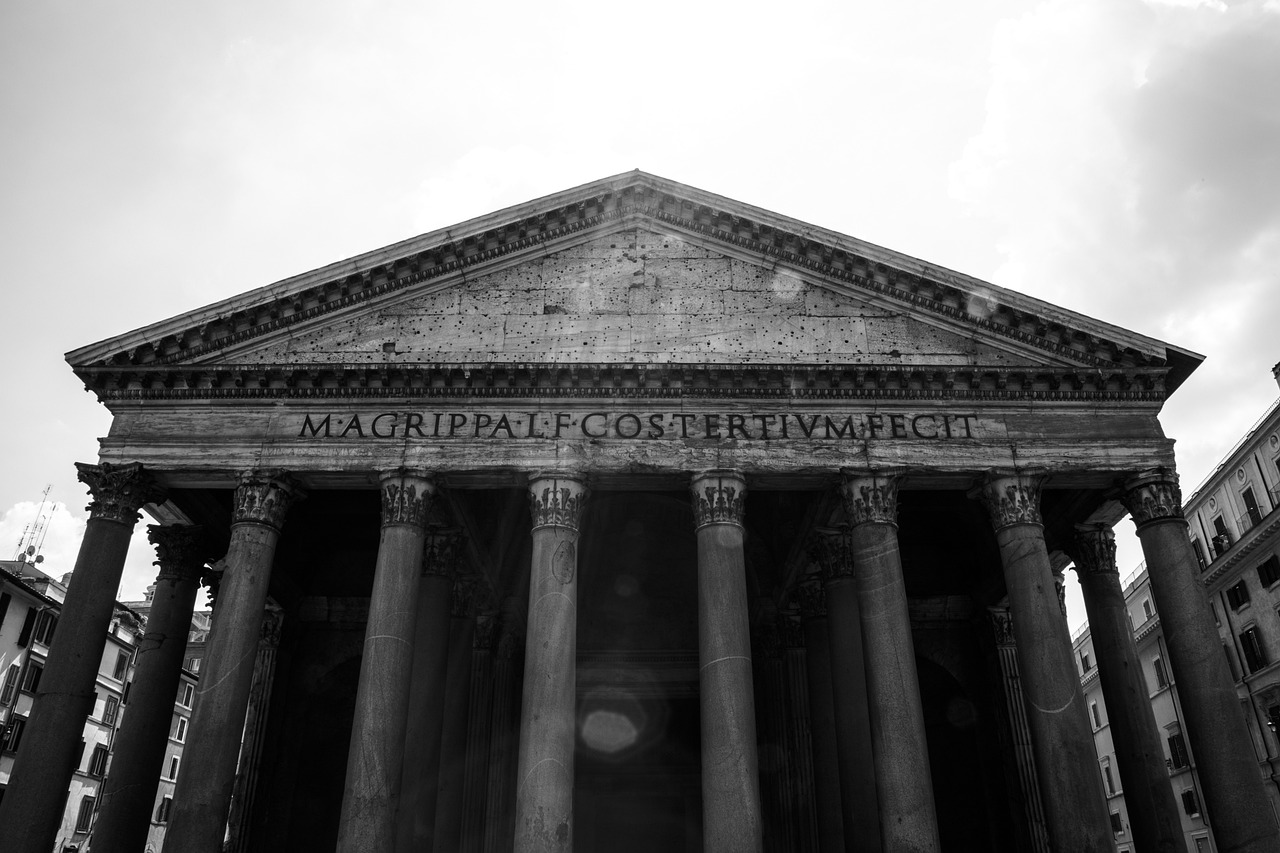
Cultural Patronage and Influence
Vespasian's reign as Roman Emperor not only brought stability and prosperity to the empire but also left a significant mark on Roman culture through his patronage and influence. Known for his support of arts, literature, and architecture, Vespasian played a crucial role in fostering the flourishing of Roman cultural achievements during the Flavian dynasty. His contributions in this realm were as impactful as his political and military endeavors.
One of the most prominent examples of Vespasian's cultural patronage was the construction of the iconic Colosseum in Rome. This grand amphitheater, known for hosting gladiatorial contests and other public spectacles, stands as a testament to Vespasian's commitment to providing entertainment and cultural enrichment to the Roman populace.
Moreover, Vespasian's support for literature and the arts helped in the preservation and promotion of Roman cultural heritage. Through his patronage, many talented writers, poets, and artists found favor and recognition, contributing to the vibrant artistic scene of the time.
Additionally, Vespasian's architectural projects, beyond the Colosseum, added to the grandeur of Rome's urban landscape. His initiatives in urban planning and infrastructure development not only beautified the city but also enhanced the quality of life for its inhabitants, reflecting his vision for a culturally rich and aesthetically pleasing capital.
Furthermore, Vespasian's cultural influence extended beyond Rome, reaching the far corners of the empire. His support for artistic endeavors in various provinces helped in the dissemination of Roman culture and values, fostering a sense of unity and shared identity among the diverse populations under Roman rule.
In conclusion, Vespasian's cultural patronage and influence were integral to the vibrancy and richness of Roman culture during his reign. Through his support for the arts, literature, and architecture, Vespasian not only enhanced the cultural landscape of the empire but also left a lasting legacy that continued to shape artistic expression and cultural identity in the centuries to come.
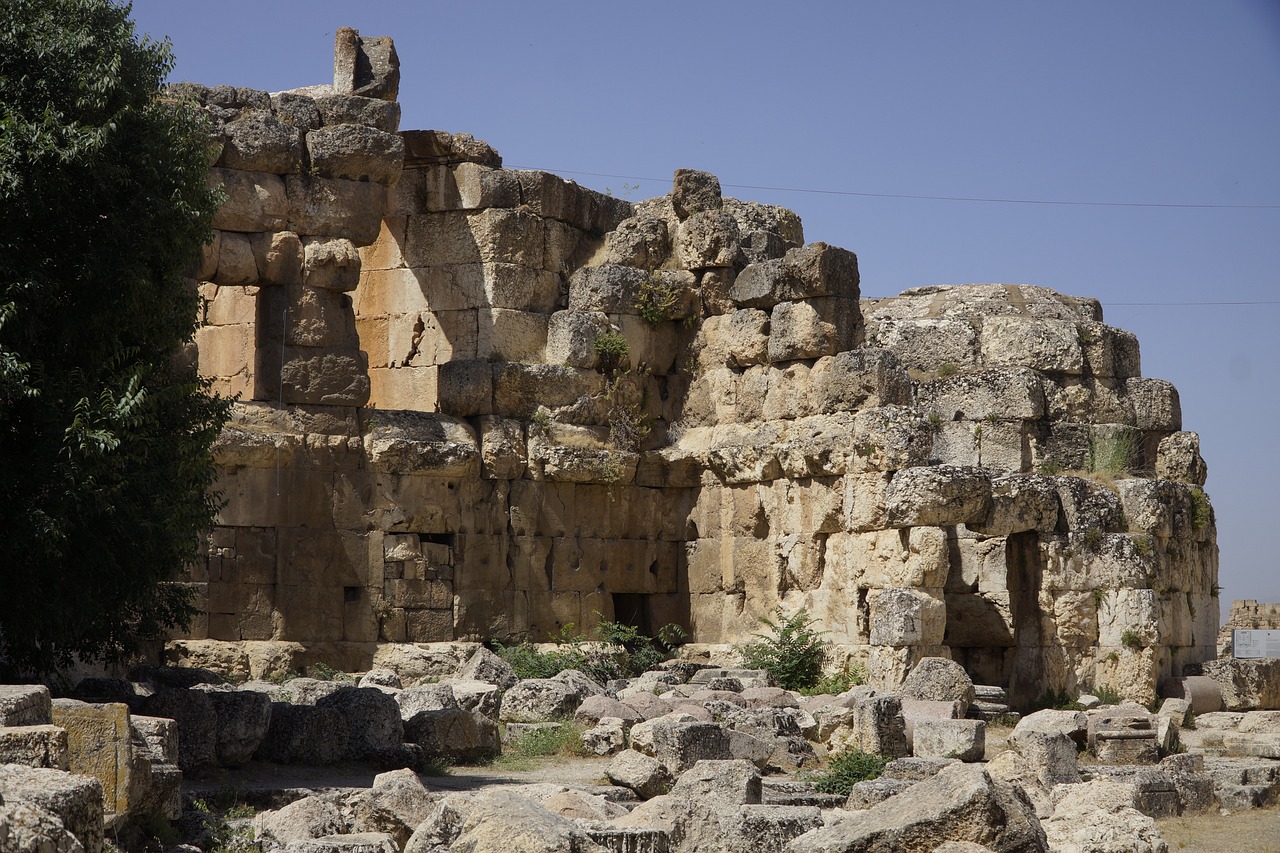
Assessment of Vespasian's Rule
When assessing Vespasian's rule as Emperor of Rome, it becomes evident that his reign was marked by significant accomplishments and contributions to the stability and prosperity of the Roman Empire. Vespasian's pragmatic approach to governance, coupled with his military expertise and economic reforms, played a crucial role in restoring order after a period of chaos and civil unrest.
One of the key aspects of Vespasian's rule was his focus on financial stability and fiscal responsibility. By implementing new tax policies and cracking down on corruption within the government, he was able to strengthen the Roman economy and ensure a steady revenue stream for the empire. This financial discipline laid the foundation for future economic growth and stability.
Furthermore, Vespasian's ambitious public works projects, such as the construction of the iconic Colosseum in Rome, not only showcased the grandeur of the empire but also provided employment opportunities for the citizens. These infrastructure developments not only improved the quality of life for Romans but also served as a symbol of Vespasian's commitment to revitalizing the city and the empire as a whole.
In terms of military achievements, Vespasian's successful campaigns, including the conquest of Jerusalem and the suppression of revolts in various provinces, demonstrated his strategic acumen and ability to maintain control over the vast territories of the empire. His decisive actions in quelling unrest and expanding Roman influence solidified his reputation as a capable military leader.
While Vespasian's rule was not without its challenges and criticisms, particularly regarding his heavy-handed approach to taxation and governance, his overall legacy remains largely positive. His efforts to restore stability, promote economic growth, and uphold the authority of the Roman state have left a lasting impact on Roman history and shaped the course of the empire for years to come.

Historical Significance and Reception
Historical Significance and Reception:
When we delve into the historical significance of Vespasian's reign, we uncover a pivotal era in Roman history that marked a turning point for the empire. Vespasian's leadership brought stability and prosperity after a period of turmoil, earning him a reputation as a capable ruler who restored order to a fractured empire. His pragmatic approach to governance and focus on economic reforms not only stabilized the Roman economy but also laid the foundation for future prosperity.
Moreover, Vespasian's military campaigns and conquests, particularly the capture of Jerusalem and the suppression of revolts, solidified his reputation as a skilled military strategist. These victories not only expanded the boundaries of the Roman Empire but also showcased Vespasian's ability to maintain control over the vast territories under Roman rule.
Despite facing criticism for his tax policies and authoritarian rule, Vespasian's legacy endures as a transformative figure in Roman history. His reign set the stage for the Flavian dynasty, with his sons Titus and Domitian continuing his legacy of effective governance and public works projects. The enduring impact of Vespasian's rule can be seen in the lasting reforms he implemented, shaping the course of Roman civilization for years to come.

Legacy and Memory
When it comes to the legacy of Emperor Vespasian, it is impossible to overlook the lasting impact he had on the Roman Empire and its future trajectory. Vespasian's rule was marked by a remarkable balance of military prowess, administrative reforms, and cultural patronage, all of which left a profound mark on Roman society.
One of the key aspects of Vespasian's legacy is his adept handling of the empire's finances. Through the implementation of new tax policies and economic reforms, he managed to stabilize the Roman economy, ensuring prosperity for future generations. This financial stability laid the groundwork for the empire's continued growth and success.
Furthermore, Vespasian's construction of the iconic Colosseum stands as a testament to his commitment to public works and infrastructure development. The grand amphitheater not only served as a symbol of Roman power and grandeur but also provided a space for entertainment and cultural events, enriching the lives of Roman citizens.
In addition to his administrative and architectural achievements, Vespasian's military conquests, including the capture of Jerusalem, solidified his reputation as a formidable military leader. His victories on the battlefield further cemented his legacy as a ruler who could maintain order and security within the empire.
Moreover, Vespasian's legacy extended beyond his own reign, as his sons, Titus and Domitian, continued his policies and governance after his death. The smooth transition of power to his successors ensured the stability and continuity of the Flavian dynasty, further enhancing Vespasian's lasting imprint on Roman history.
As time passed, Vespasian's memory endured through the accounts of historians and scholars who recognized his contributions to the Roman Empire. His portrayal in historical narratives reflected a leader who brought stability and prosperity to a troubled empire, earning him a place of honor in the annals of Roman history.
In conclusion, Vespasian's legacy as the Emperor who restored order to the Roman Empire remains a testament to his leadership, vision, and enduring impact on Roman civilization. His legacy continues to be remembered and celebrated, serving as a reminder of the transformative power of effective governance and strategic leadership.
Frequently Asked Questions
- Who was Vespasian?
Vespasian was a Roman Emperor who reigned from 69 to 79 AD. He is known for restoring stability and order to the Roman Empire after a period of civil war and chaos.
- What were some of Vespasian's significant reforms?
Vespasian initiated reforms to strengthen the Roman economy, infrastructure, and administration. He constructed the iconic Colosseum and implemented new tax policies to boost revenue.
- What military campaigns did Vespasian undertake?
Vespasian led successful military campaigns, including the conquest of Jerusalem and the suppression of revolts in various provinces. His strategic prowess as a military leader was evident in these conquests.
- How did Vespasian's rule impact Roman culture?
Vespasian supported arts, literature, and architecture, contributing to the flourishing of Roman culture during the Flavian dynasty. His patronage left a lasting influence on Roman artistic endeavors.
- What is Vespasian's historical significance?
Vespasian's reign marked a turning point for the Roman Empire, influencing subsequent rulers and shaping the course of Roman civilization. His legacy continues to be remembered in historical accounts.



